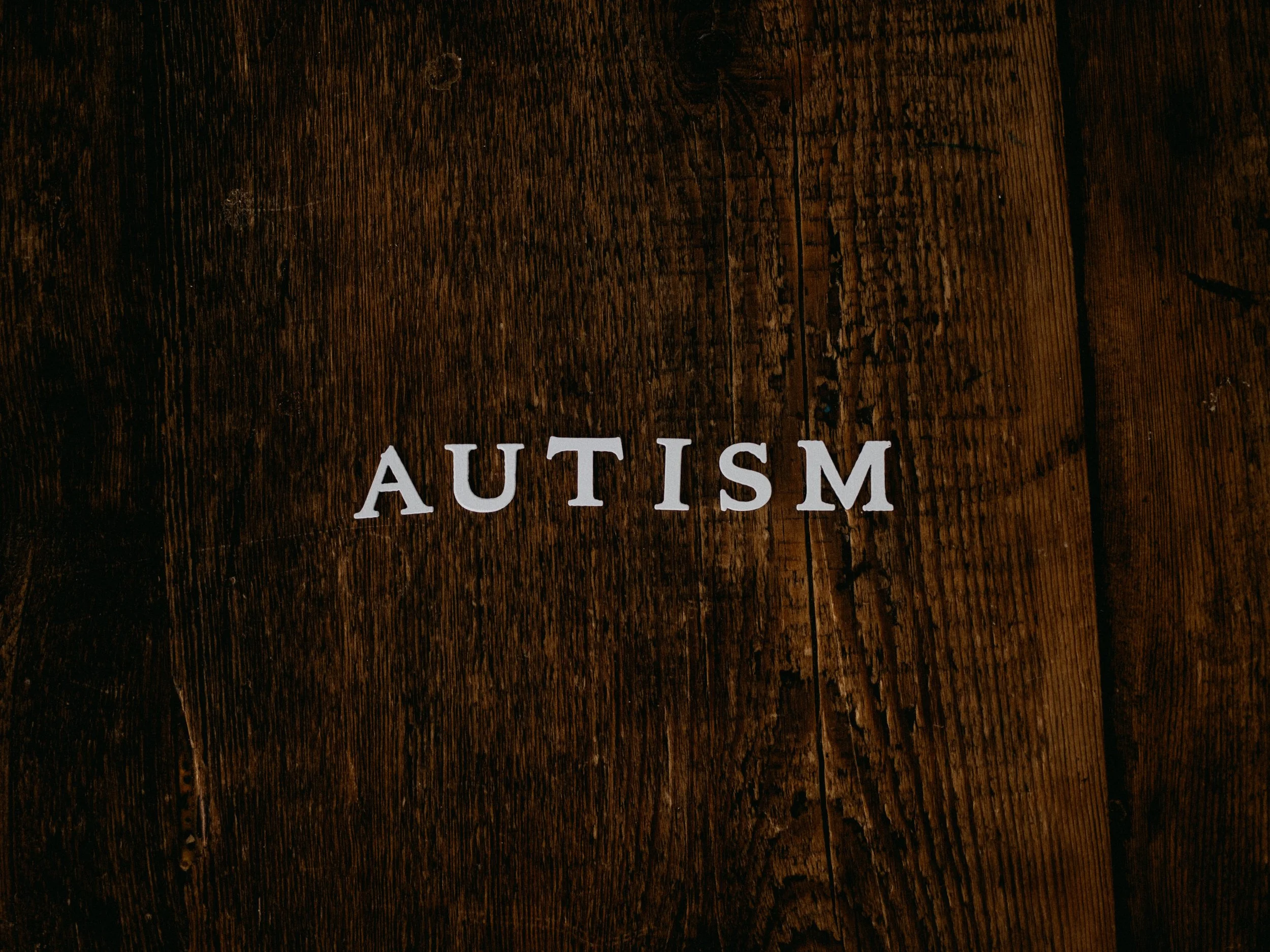Why We Don't Use Functioning Labels in the Autistic Community
A while ago on TikTok a joke popped up in the autism community. The joke was we all started referring to ourselves as “Neurospicy” or as having “spicy autism” I didn’t get it at first, until I realized it was in response to how some people refer to autistics with lower support needs as having “mild autism” and so the neuro spice meter was invented. Because, at the end of the day, saying mild or severe autism is the same as applying functional labels.
Functioning labels have long been used to describe individuals on the autism spectrum in terms of their perceived level of ability to function in society. The terms "high-functioning" and "low-functioning" are often used, with the former being used to describe individuals who are deemed to be more able to function in society, while the latter are seen as less able. What people often mean by this is “can speak” and “can’t speak” or verbal and non verbal. Who has capitalistic value and who doesn’t? It isn’t that far a cry from the work of noted Nazi, Hans Asperger. This type of labeling is increasingly being rejected by the autistic community, with many arguing that it is harmful and counterproductive.
One of the main reasons why functioning labels are problematic is that they only serve to divide the autistic community, rather than unite it. By creating a hierarchy of abilities based on functioning labels, individuals on the spectrum are pitted against each other, with some being seen as "better" or "more valuable" than others. This only serves to undermine efforts to create a community in which all individuals are valued and supported.
Another reason why functioning labels are problematic is that they are often used as a way of determining an individual's worth in society. Those who are deemed to be high-functioning are often seen as having more value and potential for success, while those who are seen as low-functioning are often disregarded and overlooked. This not only perpetuates harmful stereotypes about individuals on the spectrum, but also ignores the fact that everyone has unique strengths and challenges that can't be neatly classified by a single label.
Furthermore, functioning labels do nothing to address an individual's actual support needs. Someone who is labeled as "high-functioning" may still require a significant amount of support in certain areas, while someone who is labeled as "low-functioning" may be capable of doing many things independently. By focusing on functioning labels, we ignore the complex support needs that each individual on the spectrum may have, and fail to provide the resources and accommodations that are necessary for them to thrive.
Organizations like the Autistic Self Advocacy Network (ASAN) and the Neuroclastic website have been instrumental in challenging the use of functioning labels and promoting a more inclusive and supportive community for all individuals on the spectrum. ASAN's "Nothing About Us, Without Us" campaign emphasizes the importance of centering the voices and experiences of autistic individuals in all discussions about autism, including those related to functioning labels. The Neuroclastic website provides a platform for autistic individuals to share their stories and experiences, and to challenge harmful stereotypes and misconceptions about autism.
Functioning labels only serve to create a false hierarchy of abilities that does nothing to address the unique support needs of each individual on the spectrum. By rejecting functioning labels and promoting a more inclusive and supportive community for all individuals on the spectrum, we can work towards a world in which everyone is valued and has the resources they need to thrive.

